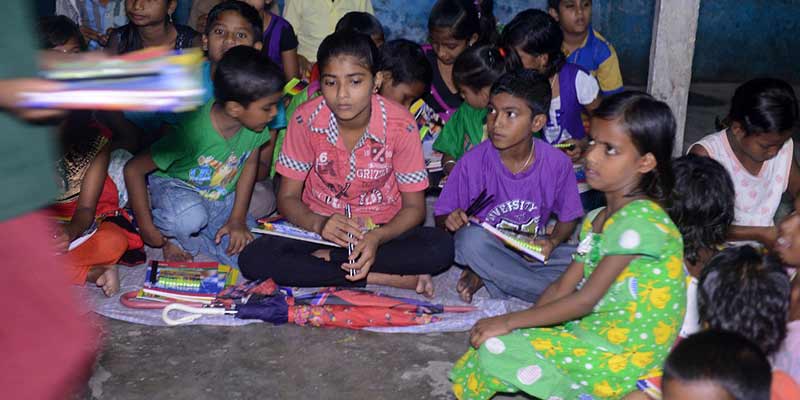- India
- Oct 15
A Nobel for innovative field research
Innovative research by Abhijit Banerjee and his wife Esther Duflo and their extensive field studies in India have not only played a decisive role in reshaping research in development economics but also helped them win the Nobel Prize in Economic Sciences along with economist Michael Kremer.
According to the Royal Swedish Academy of Sciences, Banerjee, the Indian-American economist at the Massachusetts Institute of Technology; Duflo, his French-American wife, also at the MIT; and Harvard University economist Kermer have used innovative research based on field experiments to lay the foundation for the best way to design measures to reduce global poverty.
How did their research help in fighting poverty?
The research conducted by the trio has considerably improved the ability to fight global poverty. In just two decades, their new experiment-based approach has transformed development economics, which is now a flourishing field of research.
Despite recent dramatic improvements, one of humanity’s most urgent issues is the reduction of global poverty, in all its forms. More than 70 crore people still subsist on extremely low incomes. Every year, around 5 million children under the age of five die of diseases that could often have been prevented or cured with inexpensive treatments. Half of the world’s children still leave school without basic literacy and numeracy skills.
This year’s laureates have introduced a new approach to obtaining reliable answers about the best ways to fight global poverty. It involves dividing this issue into smaller, more manageable, questions. For example, the most effective interventions for improving educational outcomes or child health.
They have shown that these smaller, more precise, questions are often best answered via carefully designed experiments among the people who are most affected.
In the mid-1990s, Kremer and his colleagues demonstrated how powerful this approach can be, using field experiments to test a range of interventions that could improve school results in western Kenya.
Banerjee and Duflo, often with Kremer, soon performed similar studies of other issues and in other countries. Their experimental research methods now entirely dominate development economics.
As a direct result of one of their studies, more than 5 million Indian children have benefited from effective programmes of remedial tutoring in schools. Another example is the heavy subsidies for preventive health care that have been introduced in many countries.
These are just two examples of how this new research has already helped to alleviate global poverty. It also has great potential to further improve the lives of the worst-off people around the world.
New experiment-based research
In contrast to traditional clinical trials, Banerjee, Duflo and Kremer have used field experiments in which they study how individuals behave in their everyday environments.
They realised that more textbooks and free school meals had small effects, while targeted help for weak students significantly improved educational outcomes.
Banerjee, Duflo and others studied remedial tutoring programmes for pupils in two cities. Schools in Mumbai and Vadodara were given access to new teaching assistants who would support children with special needs.
These schools were ingeniously and randomly placed in different groups, allowing the researchers to credibly measure the effects of teaching assistants. The experiment clearly showed that help targeting the weakest pupils was an effective measure in the short and medium term.
These early studies in Kenya and India were followed by many new field experiments in other countries, focusing on important areas such as health, access to credit and the adoption of new technology.
They found that students who had teachers on short-term contracts had significantly better test results, but that having fewer pupils per permanently employed teacher had no significant effects.
“The three laureates were at the forefront of this research. Due to their work, field experiments have become development economists’ standard method when investigating the effects of measures to alleviate poverty,” the academy said.
The experiments designed by them have two distinctive features. First, the participants made actual decisions in their everyday environments, both in the intervention group and in the control group. This meant that the results of testing a new policy measure, for example, could often be applied on site.
Second, they relied on the fundamental insight that much of what we want to improve (such as educational outcomes) reflects numerous individual decisions (for example among pupils, parents and teachers).
Development economists have also used field experiments to evaluate programmes that have already been implemented on a large scale.
This new experiment-based research has already helped in alleviating global poverty and has great potential to further improve the lives of the most impoverished people on the planet, the academy added.

